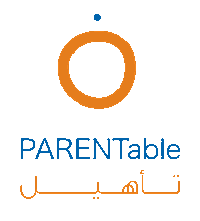top of page

ماذا يمكننا أن نفعل إذا حدث تمييز لطفل؟
ما يمكن للوالدين القيام به
ما يمكن أن يفعله المعلمون
تمرين

what parents can do
ما يمكن للوالدين فعله
what educators can do
ما يمكن للمعلمين فعله

هنا ، أنت على حق - كما أنت.
Exercise
تمرين:
اجلسوا معًا واكتبوا معًا ما يمكن فعله في المدارس لمنع التمييز وجعل المدارس أكثر شمولًا وتنوعًا.
أخيرًا ، نقدم بعض الأمثلة على ما اقترحه الأهالي في ورش العمل حول سبل تحسين المدارس!

bottom of page

